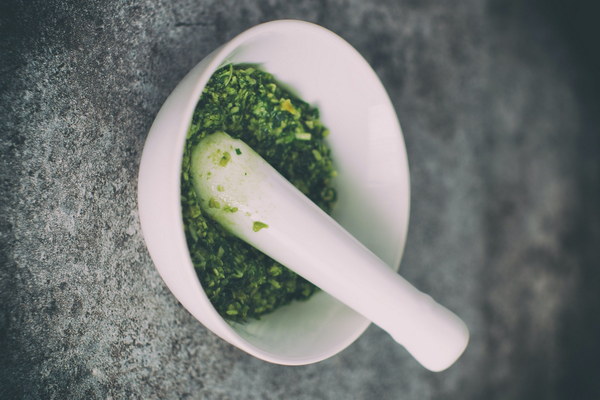The Myths of Tea Debunking the Belief That Tea Nourishes the Stomach
In the realm of traditional remedies and folk beliefs, tea is often hailed as a stomach-soothing elixir. Many cultures tout its digestive benefits, suggesting that a warm, soothing cup of tea can alleviate stomach discomfort and improve overall digestive health. However, the reality may not be as rosy as these tales suggest. This article aims to shed light on the truth behind the myth that tea is beneficial for the stomach, and why it's crucial to separate fact from fiction when it comes to this beloved beverage.
First and foremost, it's essential to understand that not all teas are created equal. While some teas may offer digestive benefits, others may do the opposite. For instance, black and green teas contain caffeine, which can stimulate the digestive tract and potentially exacerbate stomach discomfort in some individuals. Conversely, herbal teas, such as chamomile or ginger tea, may provide a soothing effect on the stomach, but this is not a guarantee for everyone.
The belief that tea nourishes the stomach stems from the idea that it helps to stimulate digestion, a notion that is somewhat true for black and green teas, which contain compounds like caffeine and tannins that can increase stomach acid production. However, this increased acid production can also lead to heartburn, indigestion, and other gastrointestinal issues in susceptible individuals. Moreover, the presence of tannins can bind to proteins in the stomach, potentially leading to a feeling of bloating or fullness.
Furthermore, the assumption that tea has a calming effect on the stomach is often attributed to the presence of certain amino acids, such as theanine, found in green tea. While theanine has been shown to have a relaxing effect on the central nervous system, its impact on the stomach is not as straightforward. Theanine may not directly influence stomach acid production or digestion, and its effectiveness in soothing the stomach remains controversial.
In addition to the potential drawbacks of certain teas, it's worth noting that tea consumption can affect the body's hydration levels. Tea, especially black and green teas, contain diuretic properties that can lead to increased urine production. While this may not be a significant concern for most individuals, it can exacerbate dehydration in those who are already at risk, such as individuals with certain medical conditions or those who engage in intense physical activity.
To further complicate matters, the timing of tea consumption can also play a role in its impact on the stomach. Drinking tea on an empty stomach can exacerbate stomach acid production, potentially leading to stomach discomfort. Conversely, drinking tea with meals may interfere with the absorption of certain nutrients, such as iron, depending on the type of tea consumed.

So, what's the bottom line? While tea may offer some digestive benefits for certain individuals, it's not a magic elixir that can cure all stomach ailments. It's crucial to recognize that the impact of tea on the stomach is highly individualized and can vary depending on the type of tea, the amount consumed, and the individual's unique physiology.
In conclusion, the myth that tea nourishes the stomach is a popular one, but it's essential to approach this belief with a critical eye. While some teas may offer mild digestive benefits, others may do more harm than good. It's important to consider the type of tea, the amount consumed, and the timing of consumption when determining its impact on stomach health. Ultimately, moderation and personal experimentation are key to understanding the role of tea in one's digestive health.









